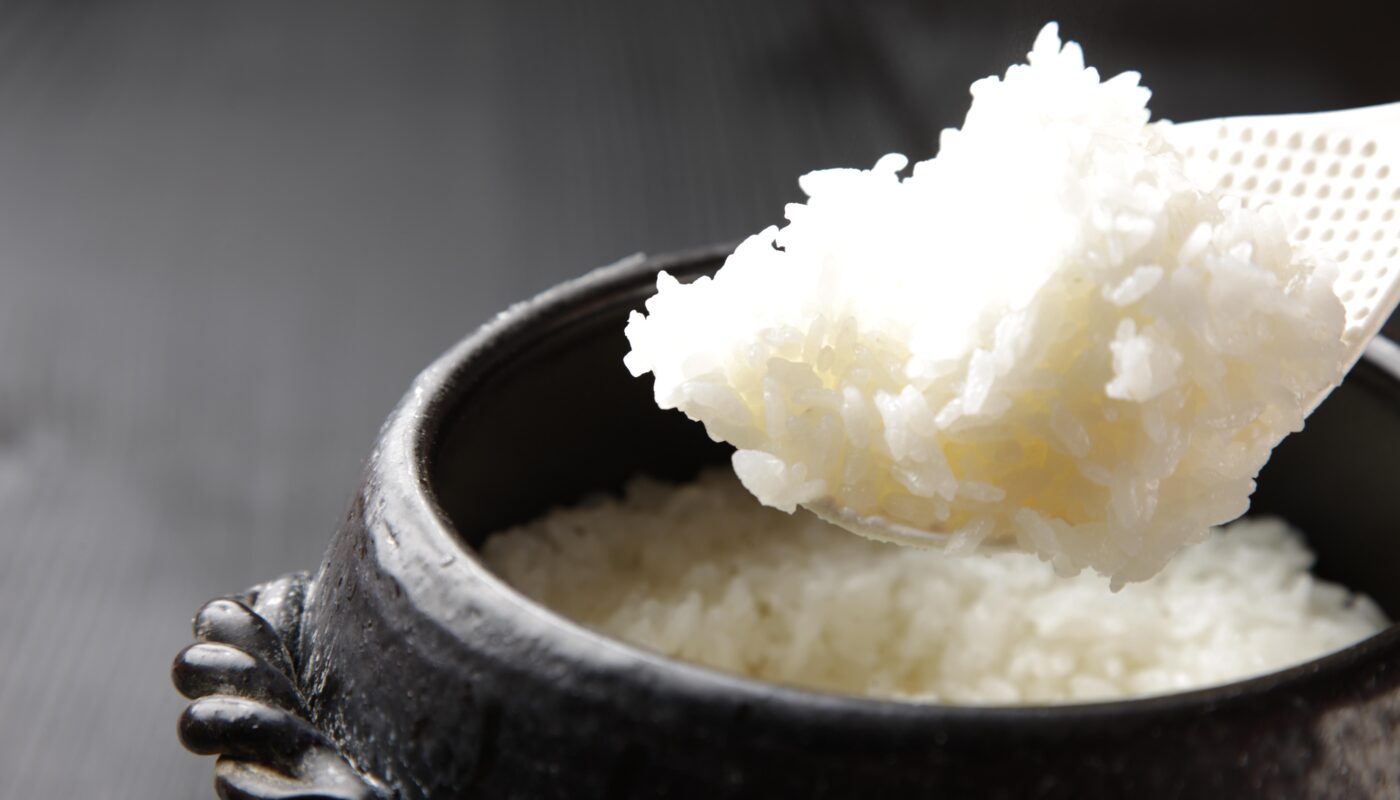Japan is renowned for its vibrant culture and culinary delights, with rice playing a pivotal role in both. For sushi lovers, understanding rice farming in Japan offers insights into the foundation of their favorite dishes. The journey of rice from paddy fields to your sushi plate reflects a blend of tradition and innovation, making it a fascinating subject.

The Historical Roots of Rice Farming in Japan
Rice has been cultivated in Japan for over 2,000 years. Initially introduced from China, rice quickly became a staple, influencing not only Japanese cuisine but also its culture and economy. The methods of rice farming have evolved over centuries, yet many traditional practices remain integral.
Cultural Significance of Rice
In Japan, rice is more than just food; it is a symbol of prosperity and community. Festivals like the Rice Planting Festival celebrate the start of the growing season, showcasing traditional dances and music. This cultural significance underscores why rice is often referred to as the ‘soul of Japan’.
Modern Techniques in Rice Farming
While tradition holds strong, Japanese farmers also embrace modern technology. Innovations such as drones for monitoring fields and automated planting machines have increased efficiency. Yet, the core principles of sustainability and quality remain unchanged.
Organic Rice Farming
There is a growing trend toward organic rice farming in Japan. This method avoids synthetic fertilizers and pesticides, aiming for a natural balance in the ecosystem. Organic rice is favored for its taste and environmental benefits.
Challenges Faced by Japanese Rice Farmers
Despite advancements, Japanese rice farmers face challenges such as climate change and decreasing rural populations. These issues threaten the traditional ways of farming, demanding innovative solutions and government support to ensure sustainability.
Climate Impact
Climate change poses a significant threat to rice farming in Japan. Unpredictable weather patterns and natural disasters like typhoons disrupt the growing cycle, affecting yield and quality.
Rice Varieties and Their Uses
Japan is home to numerous rice varieties, each with unique characteristics. Short-grain rice, known for its stickiness, is ideal for sushi, while other varieties are suited for different dishes.
Importance in Sushi
For sushi enthusiasts, the quality of rice is paramount. The perfect sushi rice is sticky yet firm, absorbing flavors while maintaining its texture. Yellowing rice can be a concern, affecting the aesthetic and taste of sushi.
The Future of Rice Farming in Japan
As Japan navigates the future, the balance between tradition and modernity will define the path of rice farming. Embracing technology while preserving cultural practices will ensure that this vital industry continues to thrive.
Government Initiatives
The Japanese government supports rice farmers through subsidies and research into resilient rice strains. Such initiatives are crucial for adapting to changing environmental and economic conditions.
Conclusion
For sushi lovers and cultural enthusiasts alike, the story of rice farming in Japan is a testament to resilience and adaptation. By appreciating the journey of rice, one gains a deeper understanding of its importance in Japanese culture and cuisine.

Frequently Asked Questions
Why is rice important in Japanese culture?
Rice is considered the ‘soul of Japan’, symbolizing prosperity and community. It plays a central role in Japanese cuisine and cultural practices.
What are the challenges faced by Japanese rice farmers?
Japanese rice farmers face challenges such as climate change, decreasing rural populations, and the need for sustainable practices.
How does technology influence modern rice farming in Japan?
Technology in Japanese rice farming includes drones and automated machinery, which enhance efficiency while maintaining quality standards.
This article contains affiliate links. We may earn a commission at no extra cost to you.



